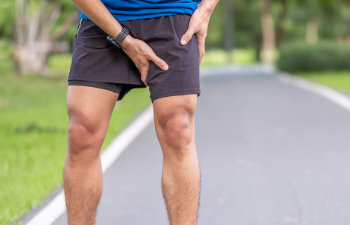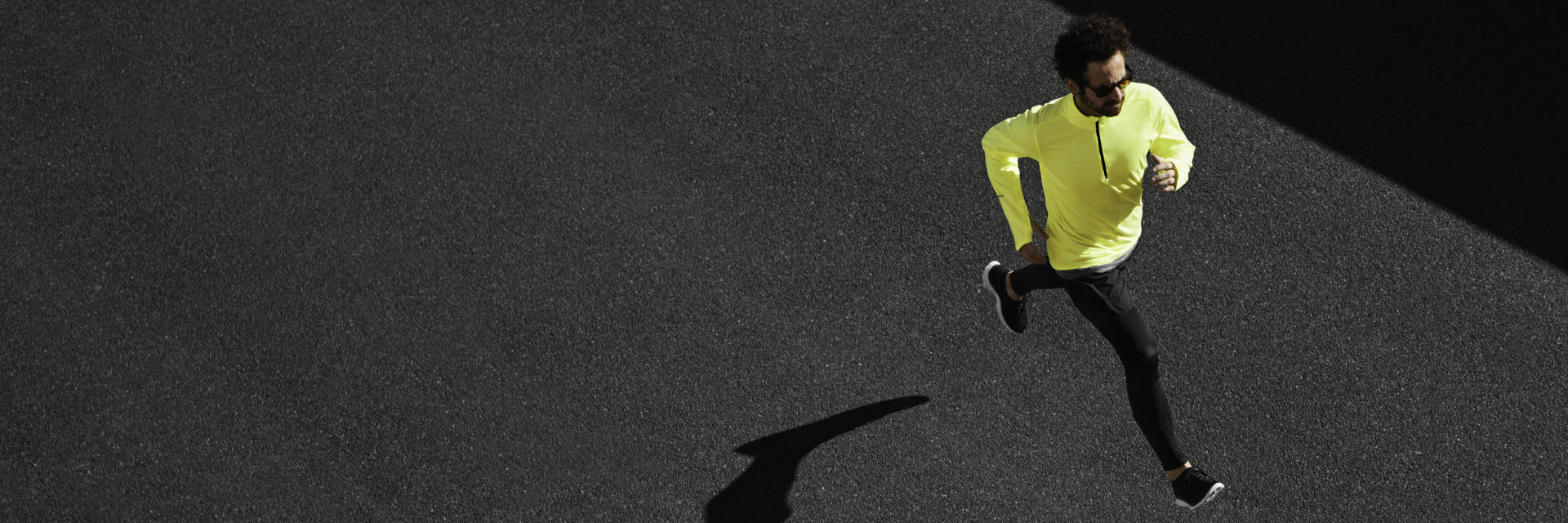
One of the most commonly misdiagnosed groin injuries is athletic pubalgia. This condition is often referred to as a sports hernia, but it is very different than other hernias in the groin area. If you have groin pain and seek diagnosis and treatment, many doctors may not recognize the signs of athletic pubalgia or know the best treatment. Our groin and hernia experts at Core Surgical want you to know what to look for to determine if you have a sports hernia and what treatments are available.
What Is Athletic Pubalgia?
True hernias involve weak areas in the abdominal wall that allow tissue to protrude through. While athletic pubalgia is referred to as a sports hernia, it is not actually a hernia at all as the abdominal wall is not affected. Instead, it is a strain of soft tissues in the groin area that usually occurs during fast-moving sports such as hockey, basketball, football or soccer. Tendons that are attached to the abdominal wall may be torn, often due to a quick change in direction.
Symptoms of a Sports Hernia
Sports hernias can be painful, and the main symptom is pain in the groin area. However, the first episodes of pain may be mild and quickly dissipate after physical activity. As the condition worsens, it can be very painful while playing sports or performing certain physical movements. When it becomes severe, the groin pain continues even when you are not active, and it may spread to the lower abdomen and abductor area on the inner thighs.
Athletic Pubalgia Treatment
If you have symptoms of a sports hernia that are worsening, you want to receive an accurate diagnosis as the symptoms can be similar to other groin injuries and conditions. Most cases of sports hernias can be managed without surgery but there are cases where you will need a groin specialist for treatment. Physical therapy, NSAIDS and rehabilitation are recommended as the first line of treatment, followed by surgery if non-invasive treatment does not relieve the pain.
At Core Surgical, we have a specialized team of groin, pelvis and hernia specialists that can diagnose and treat athletic pubalgia. If you think you may have this condition, call our office in NYC to schedule an exam.
Posted on behalf of
133 E 58th St Suite 703
New York, NY 10022
Phone: (212) 628-8771
Email: [email protected]
Monday - Thursday: 9:00AM to 5:00PMFriday: 9:00AM to 4:00PM
Saturday - Sunday: Closed
